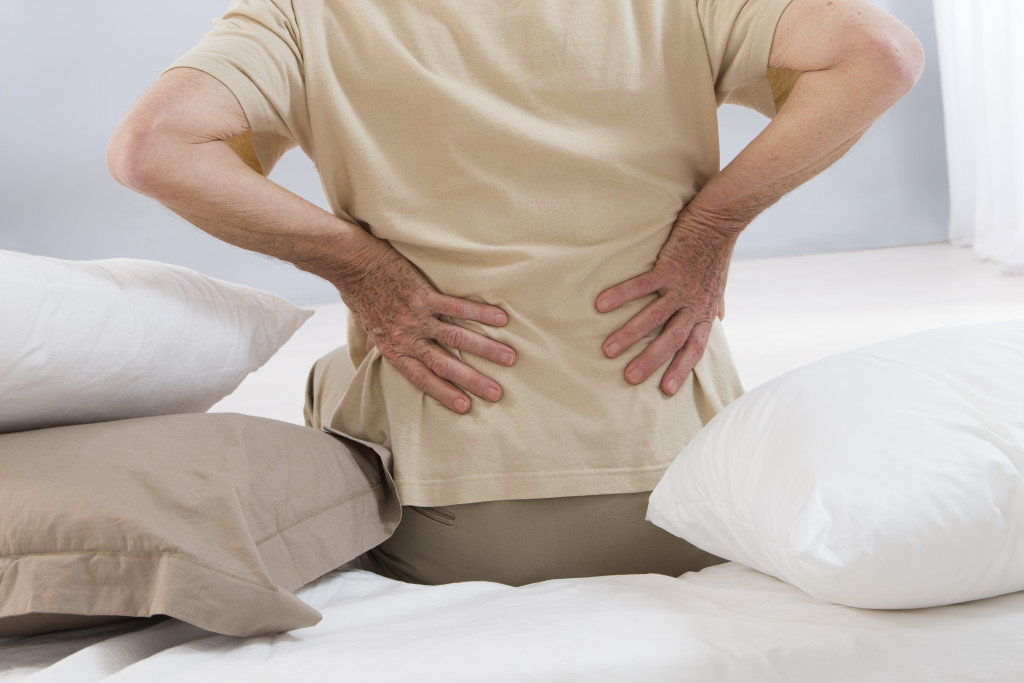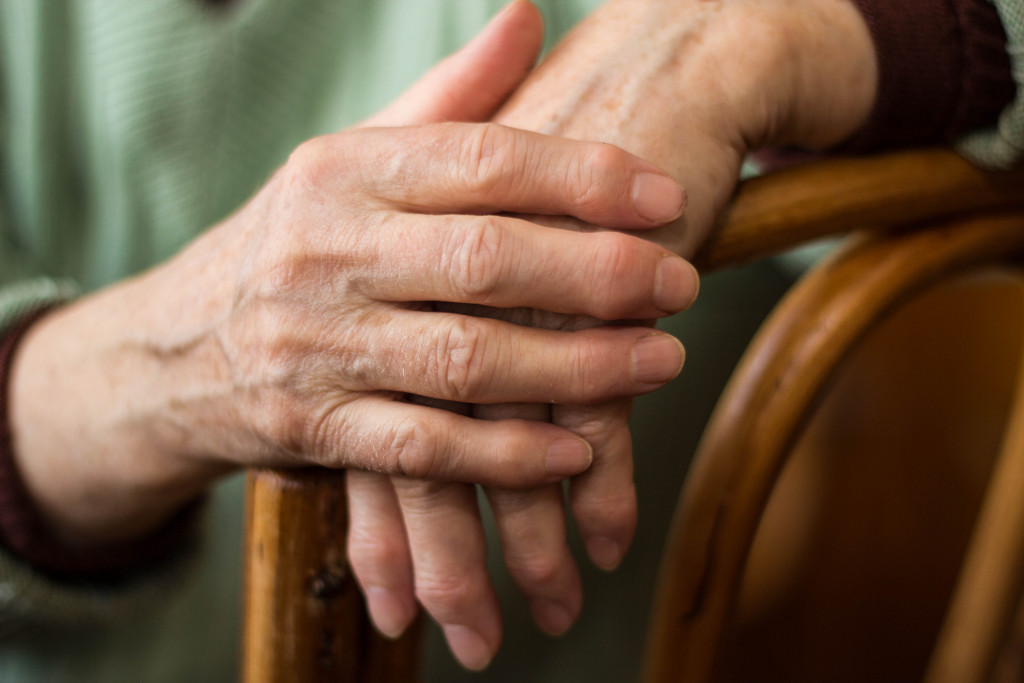You may not realize it, but arthritis is a widespread problem. In fact, according to the CDC, arthritis affects more than 50 million adults in the United States alone. And while it’s often thought of as a disease that only affects older adults, that’s not necessarily the case; arthritis can impact people of all ages. Here’s a closer look at how arthritis can affect your life.
Joint Pain
One of the most common symptoms of arthritis is joint pain. This pain can range from mild to severe, making it difficult to perform everyday activities like walking, climbing stairs, or even opening a jar. Here are three ways to deal with the joint pain that comes with arthritis:
Medication
Over-the-counter or prescription medication is one of the most accessible ways to manage arthritis pain. Nonsteroidal anti-inflammatory drugs (NSAIDs) like ibuprofen can help with mild pain, while more robust options like opioid painkillers may be necessary for more severe discomfort. However, talking to your doctor before starting any new medication is essential. Some of these medications come with side effects such as stomach irritation or drowsiness, and they can also interact with other medicines you may be taking.
Exercise
Although it may seem counterintuitive, regular exercise can help alleviate arthritis pain by strengthening the muscles around your joints and improving flexibility. Finding low-impact exercises that will not aggravate your symptoms is crucial, such as swimming or yoga.
Physical Therapy
A physical therapist can help design a personalized exercise plan and guide proper body mechanics to minimize strain on your joints. They can also use heat or cold therapy, ultrasound, and massage techniques to reduce pain and improve joint function.
Inflammation and Swelling
In addition to joint pain, another common symptom of arthritis is inflammation and swelling. This can often be accompanied by redness and warmth in the affected area. Inflammation and swelling can make moving the affected joint difficult and lead to further joint damage if left untreated. Inflammation and swelling can be handled by using anti-inflammatory medication and applying ice to the affected area. Medications can also help with dealing with inflammation.
Loss of Joint Function
If left untreated, arthritis can lead to loss of joint function. This means that you may not be able to move or use the affected joint fully. In severe cases, surgery such as joint replacement may be necessary. Thankfully, there are ways you can deal with the loss of joint function. Here are three of the most common ways to regain the loss of joint function.
Physical Therapy
A physical therapist can create an exercise program to help strengthen the muscles around the affected joint and improve the range of motion. They can also provide assistive devices such as a cane or splint to support the joint and reduce strain during everyday activities.
Surgery
In severe cases, surgery such as joint replacement may be necessary to regain function in the affected joint. This should be discussed with your doctor, as there are potential risks and side effects involved with any surgical procedure.
Alternative Treatments
Acupuncture, aromatherapy, and massage therapy have all been shown to help with managing arthritis symptoms and improving joint function. However, discussing these options with your doctor is essential before trying them out, as they may not be suitable for everyone.
Fatigue
Fatigue is another common symptom of arthritis, particularly rheumatoid arthritis. Fatigue is often caused by the inflammation associated with arthritis, which can lead to feelings of exhaustion. If you’re feeling exhausted, especially if you don’t think it’s due to a lack of sleep, mention it to your doctor. They may want to run some tests to rule out other potential causes of fatigue before diagnosing arthritis.
Oral Pain
Arthritis can also cause oral pain. This can range from mild discomfort to severe pain in the jaw joint, also known as temporomandibular joint (TMJ) disorder. Thankfully, there are various ways to deal with this problem.
Implants
TMJ caused by arthritis can be traced to the lack of teeth. When a person lacks teeth, they put pressure on the jaw, worsening TMJ pain. Robust dental implants can help alleviate this by providing a solid foundation for artificial teeth, reducing pressure on the jaw joint, and helping to relieve TMJ pain. These implants are made of robust materials, such as titanium, and can last many years with proper care.
Medication
Anti-inflammatory medication can also reduce inflammation and pain in the jaw joint. Your doctor may also prescribe muscle relaxants or antidepressants to help manage oral pain caused by arthritis.
Arthritis is a common problem that can significantly impact your life. If you’re experiencing any symptoms of arthritis, be sure to see your doctor so they can make a diagnosis and recommend treatment options. With early diagnosis and proper treatment, you can manage your arthritis and enjoy a good quality of life despite this chronic condition.

